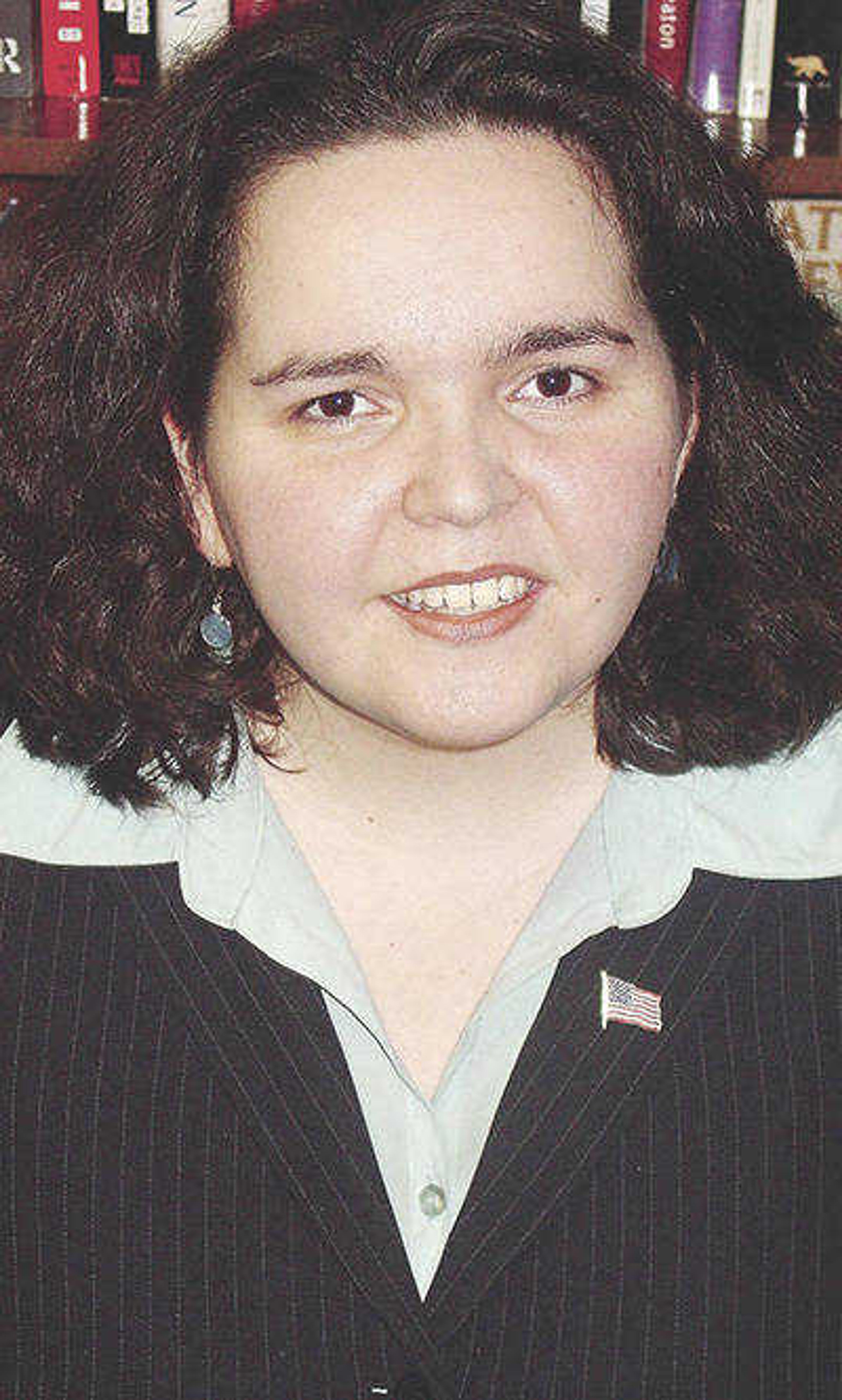The real lesson of love
It all comes back to what we think about life. Is it a gift? Is it precious? One thing I worry about these last few weeks and months now: Have we been staying home out of respect for others more vulnerable than we are, or have we been hiding in an act of somewhat universal self-preservation? One of the healthy lessons from this time is a deeper appreciation of the fact that we are all going to die!
The lights went out early on May 29, just before a private Mass I was blessed to be able to participate in. The natural response now, when things seem to be getting worse, is “Well, of course” or “Why not?” I’ve seen that in reaction to a possible tornado in New York, a news story about locusts (yes, locusts), and another about apes escaping a facility with COVID-19 samples (!).
May 29 happens to be the day that the Catholic Church remembers the life of Pope Paul VI. He’s the one who released the encyclical “Humanae Vitae,” which shed light on some warring factions in the Church in a whole new way. The sticking point was and is contraception, the idea of which was really only just beginning to change the world as we knew it in 1968.
The timing all seemed to make some sense in those dark early morning minutes (the local blackout didn’t extend for more than 10 or 15 minutes, but as I hadn’t had any coffee yet, it might have seemed longer).
Throughout the previous night, parts of Minneapolis were in flames because of the seemingly blatant murder of George Floyd by that city’s police. Most of us have seen the video that shows a cold, calculating cruelty, a total indifference to the humanity of Floyd, completely helpless under the weight of the officer pressing his knee against Floyd’s neck. “He’s human!” one bystander yelled. That’s all we really have to know. This is at the heart of the nursing home scandals, too, during these coronavirus times — do we consider the elderly less than human because they may not have all the faculties they once did? Do we realize that someday we will be the elderly, dependent on younger generations? It all comes back to what we think about life. Is it a gift? Is it precious? One thing I worry about these last few weeks and months now: Have we been staying home out of respect for others more vulnerable than we are, or have we been hiding in an act of somewhat universal self-preservation? One of the healthy lessons from this time is a deeper appreciation of the fact that we are all going to die! If it’s not coronavirus, it will be something somewhere, and we do not know the day or the time.
Which brings us back to Mr. Floyd. Right on the eve of Paul VI’s feast day, as people were looting parts of the Twin Cities, there was an image making the rounds on social media. It appeared to be Jesus, falling under the weight of His cross. But beside Him were the words, “I can’t breathe” — the words Floyd said as an officer’s leg on his neck must have made breathing impossible. I saw a flare-up on Facebook, one man calling the comparison a stretch saying that Jesus was a god, not a man, after all. But that is precisely the point the artist, I suspect, was trying to make, and that Paul VI was, too. We must see God in one another! You don’t treat a man like a wild beast when you see the dignity that God has given us all through his son, Jesus Christ. And, yes, racism is certainly anathema to such radical life and love.
When the lights are out for a moment, we are uncertain; we reflect on what is most important to us. We’ve all experienced the pandemic in different ways, but shouldn’t it serve as inspiration to love each other more? Many things matter to the functioning of society, but love is really the measure of our lives and what makes the difference in the lives of others. Love makes it impossible to needlessly and callously kill each other. Love keeps us from spreading hate on Twitter or Facebook or in real, in-person encounters. Love keeps us from destroying a man’s livelihood, as we’ve seen in the burning and looting in Minneapolis. Love changes things, and we all have a limited time to do our part. What are we waiting for? Why are we wasting time on anything less?
klopez@nationalreview.com
Connect with the Southeast Missourian Newsroom:
For corrections to this story or other insights for the editor, click here. To submit a letter to the editor, click here. To learn about the Southeast Missourian’s AI Policy, click here.










